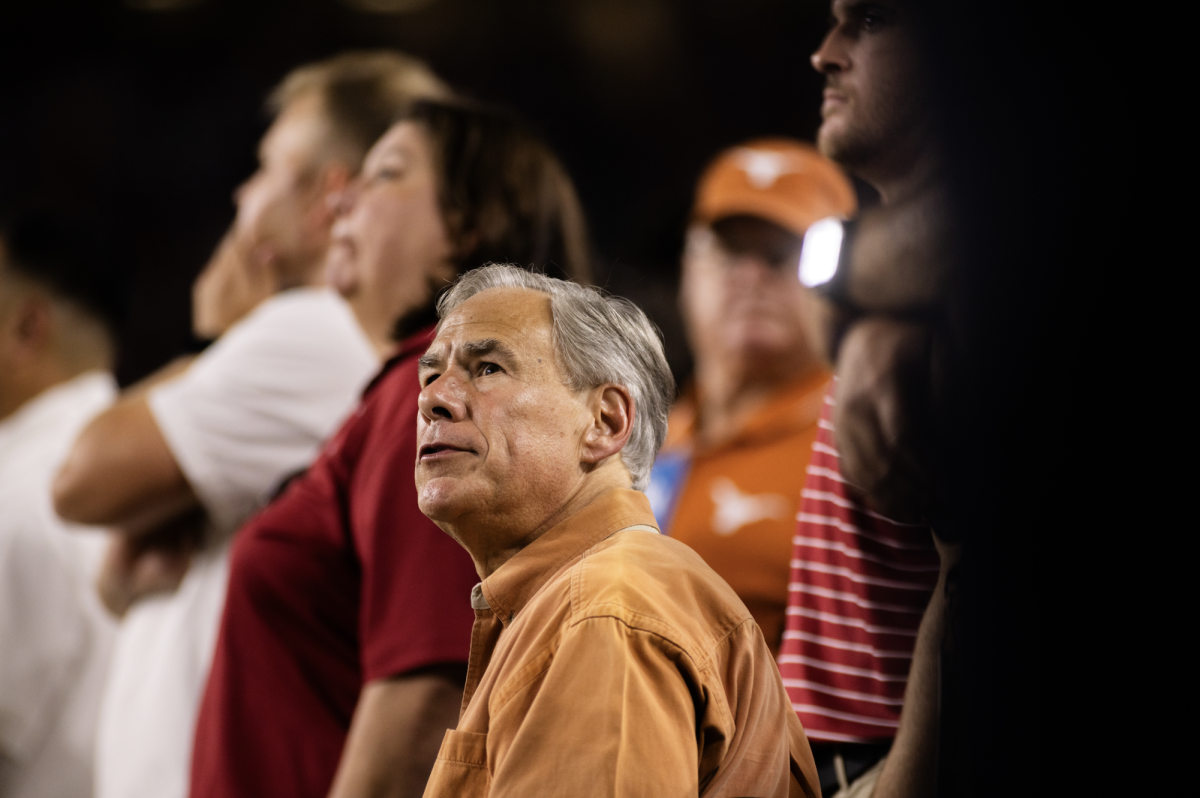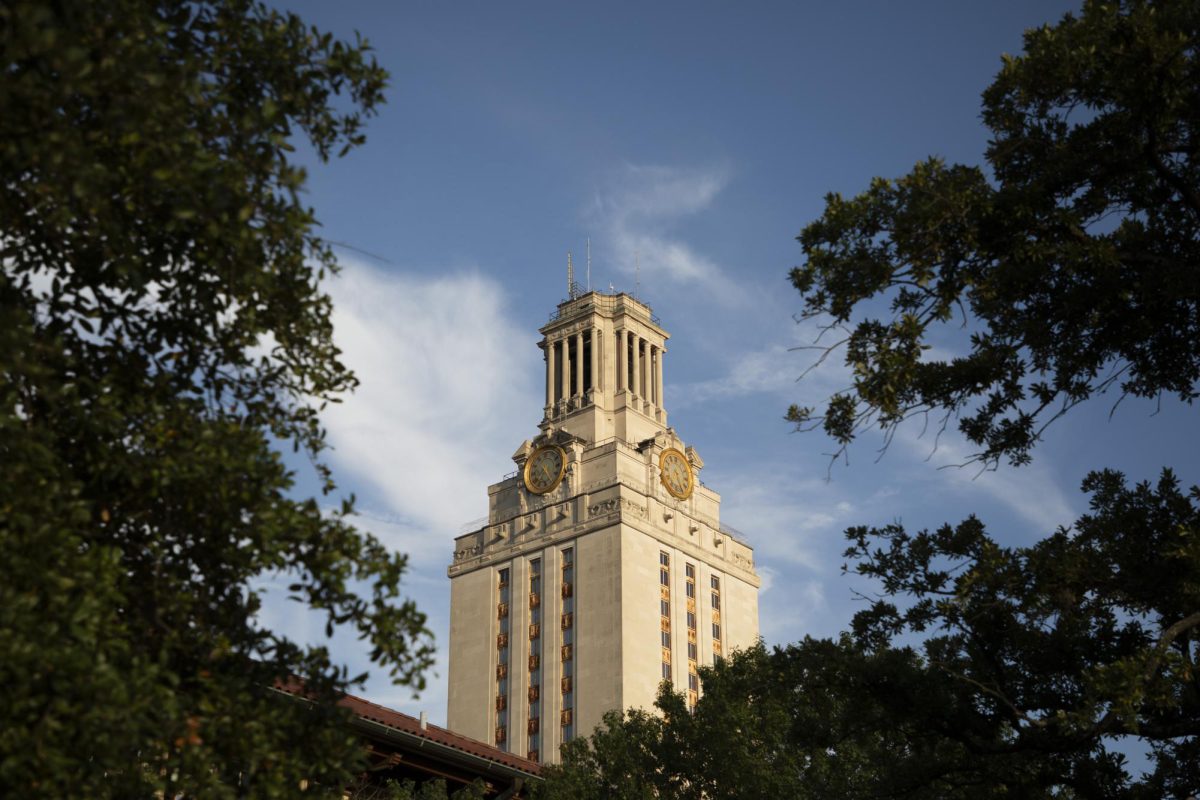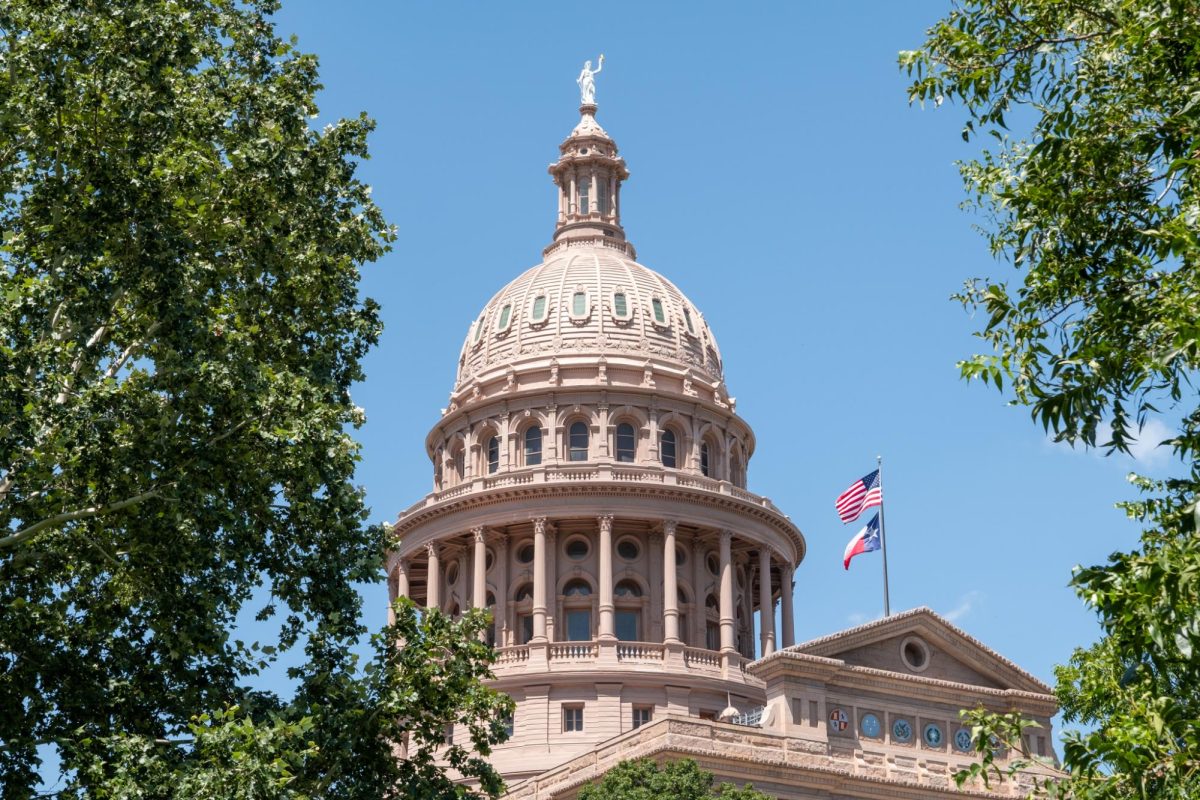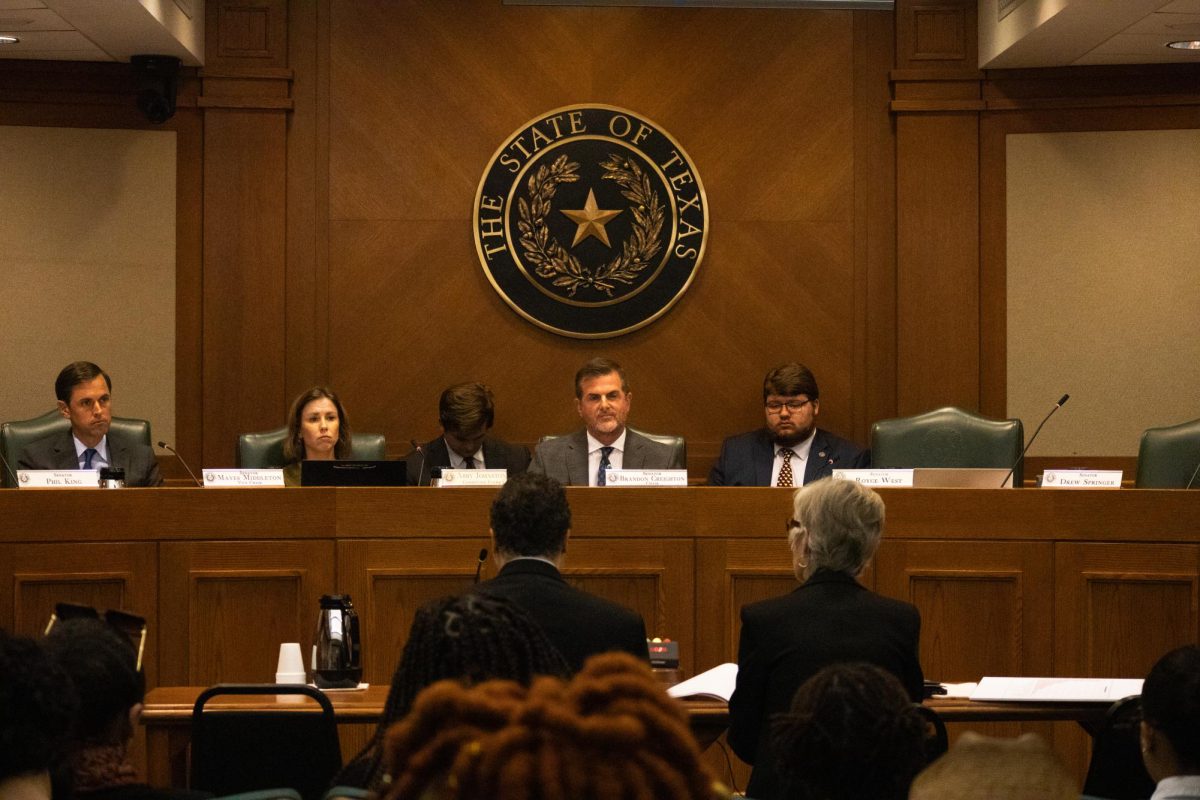Alliance for Clean Texas is a decade-old coalition of major environmental groups in Texas that is only active during legislative sessions. On Wednesday, March 20, 130 members and volunteers will rally at the Capitol to promote environmental awareness in public policy making. The Daily Texan sat down with organizer David Cortez and discussed environmental awareness at the local level.
The Daily Texan: What are some of your main goals for Wednesday’s rally?
David Cortez: We’ve developed a legislative agenda that outlines six main issues: water, air, energy, land, waste and civic participation.
Senate Bill 957 is definitely one that we want to push back. We also want to call for more funding for water conservation, which is a big issue this session, in House Bill 4 filed by Representative Allan Ritter. We also want to oppose House Bill 2026 by Representative Scott Sanford (R), which would eliminate the State’s renewable portfolio.
DT: Why is lobbying, especially at the state and local level, an effective method for environmental change?
Cortez: Lobbying is just one tool in our toolbox and it’s important that we utilize all of them. We have to encourage people to go out and vote, send emails to decision makers and make phone calls. It’s valuable to put a face on the issue that we care most about- legislators will respond best to personal visits from one of their constituents.
DT: Why is this specific time period important in terms of challenging State policy?
Cortez: Texas specifically is in a tremendous drought, we’re seeing climate change every day. Ranchers raising livestock or cattle and rice farmers on the coast are dealing with water issues which are starting to reach our power generating system and pose a threat to the State economy. The increased drought and less rain makes it harder to produce electricity from fossil fuel sources and we’re trying to find a way to keep the lights on without hurting the economy.
DT: It seems like environmental and economic integrity are positively related. Why do people think the two are mutually exclusive interests?
Cortez: In my experience there’s been sustained attack on Clean Air and Water Acts for the past 40 years. The notion that protecting the environment hurts our economy is a false precept and an argument that’s perpetuated by fossil fuel industry and big polluters who want to remove any regulation regarding how they do business even if that means posing a public health risk to folks that live in shadows of refineries and smoke stacks.
DT: How do you think UT students can help?
Cortez: The first thing students can do is lead by example. If folks want to see a cleaner, healthier world we can reduce our reliance on oil based transportation systems and use public transit, recycle, buy materials with a socially responsible piece of mind. In terms of policy, though, it’s important that students don’t just dismiss themselves as not being effective, but to transfer energy to the local, state, and country areas in a nonpartisan way. It’s not about being Republican or Democrat, it’s about the issue of environmental protection.

















